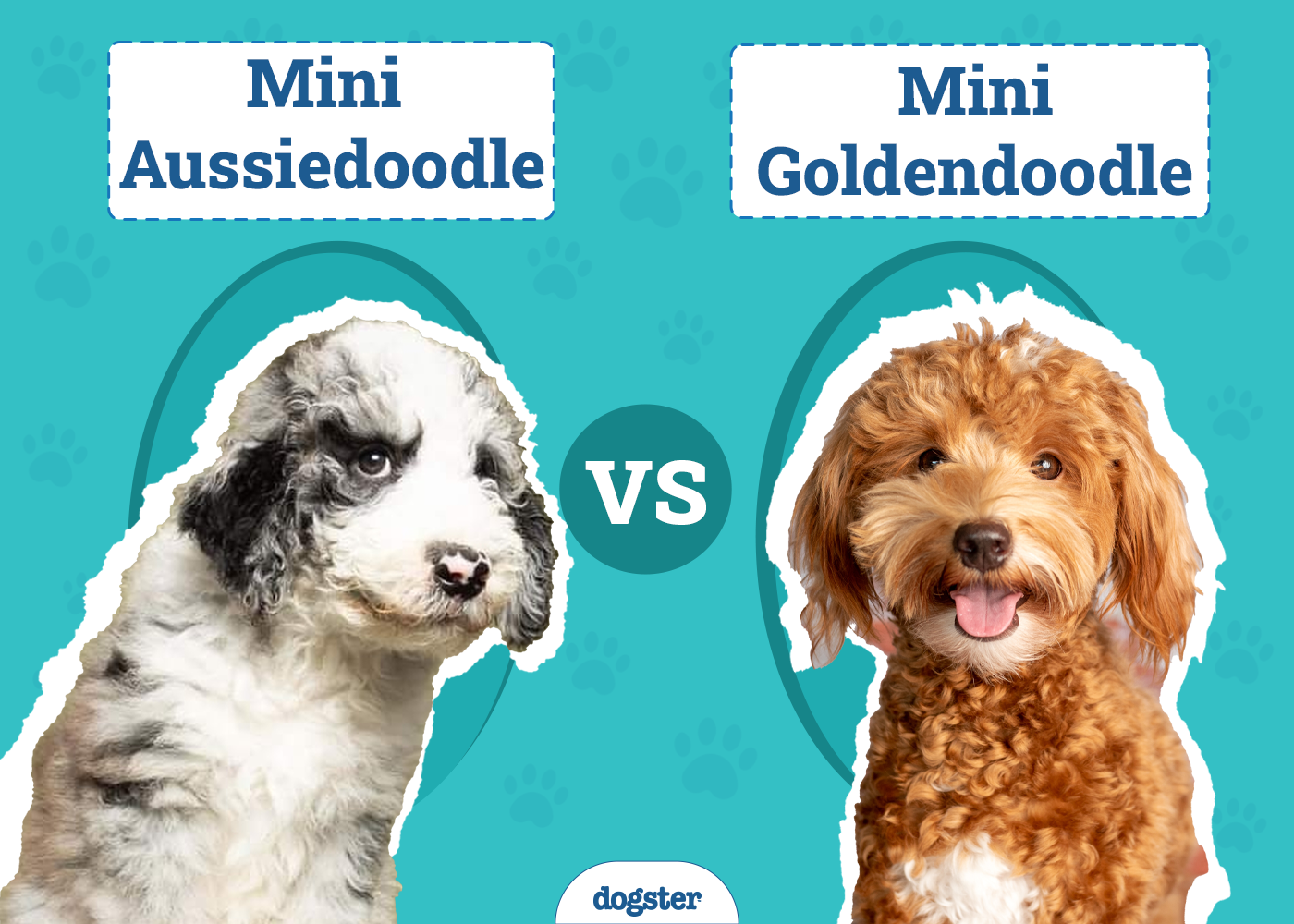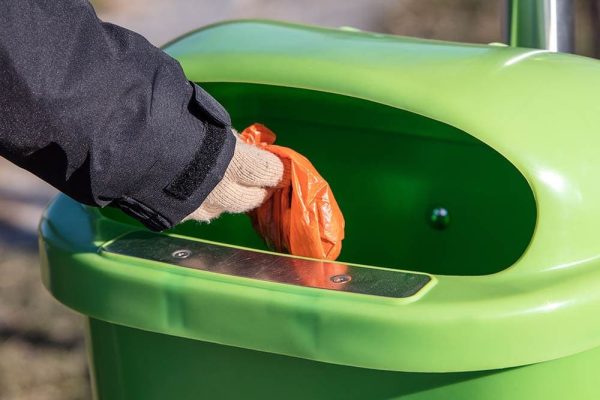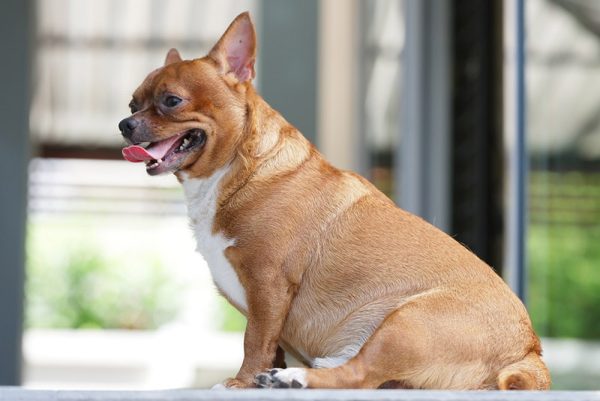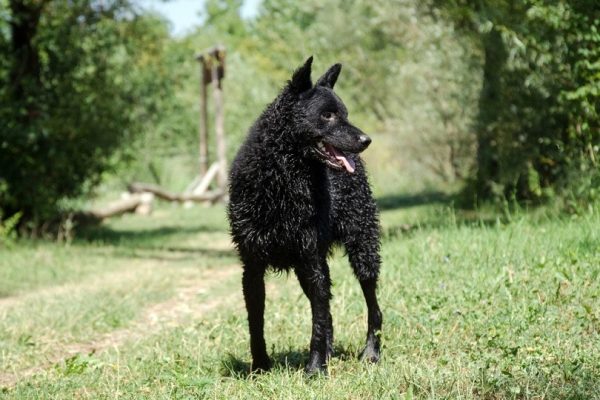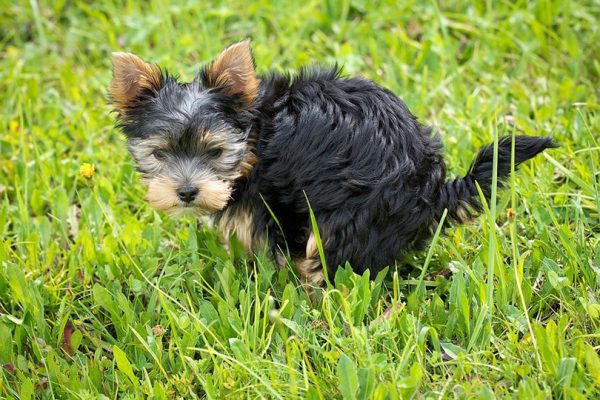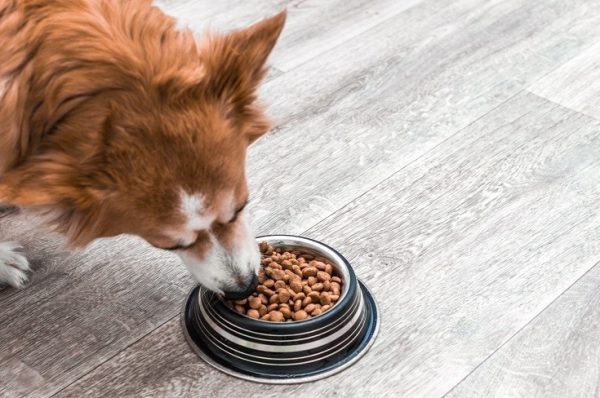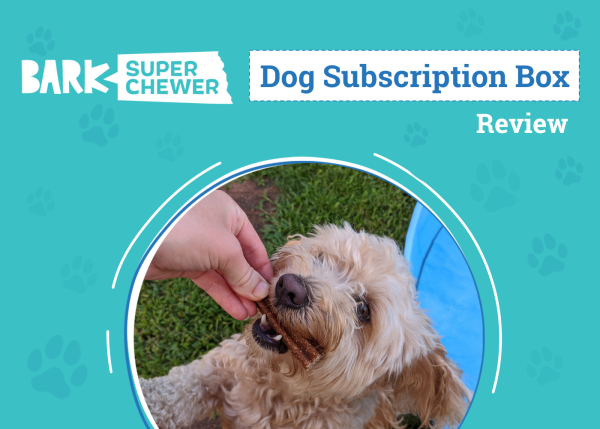In this article
While Goldendoodles and Labradoodles took the world by storm a couple of decades ago, crossbreeding dogs with Poodles has continued, leading to a large variety of crossbreeds. These dogs include the Mini Aussiedoodle and Mini Goldendoodle. It can be hard to keep track of with so many Poodle crosses out there, and you may be wondering how they even differ from each other. If you’re considering bringing home one of these pups, you should know what you’re getting into, as well as how these two dogs differ from each other, which will help you decide which crossbreed is right for you.

Visual Differences
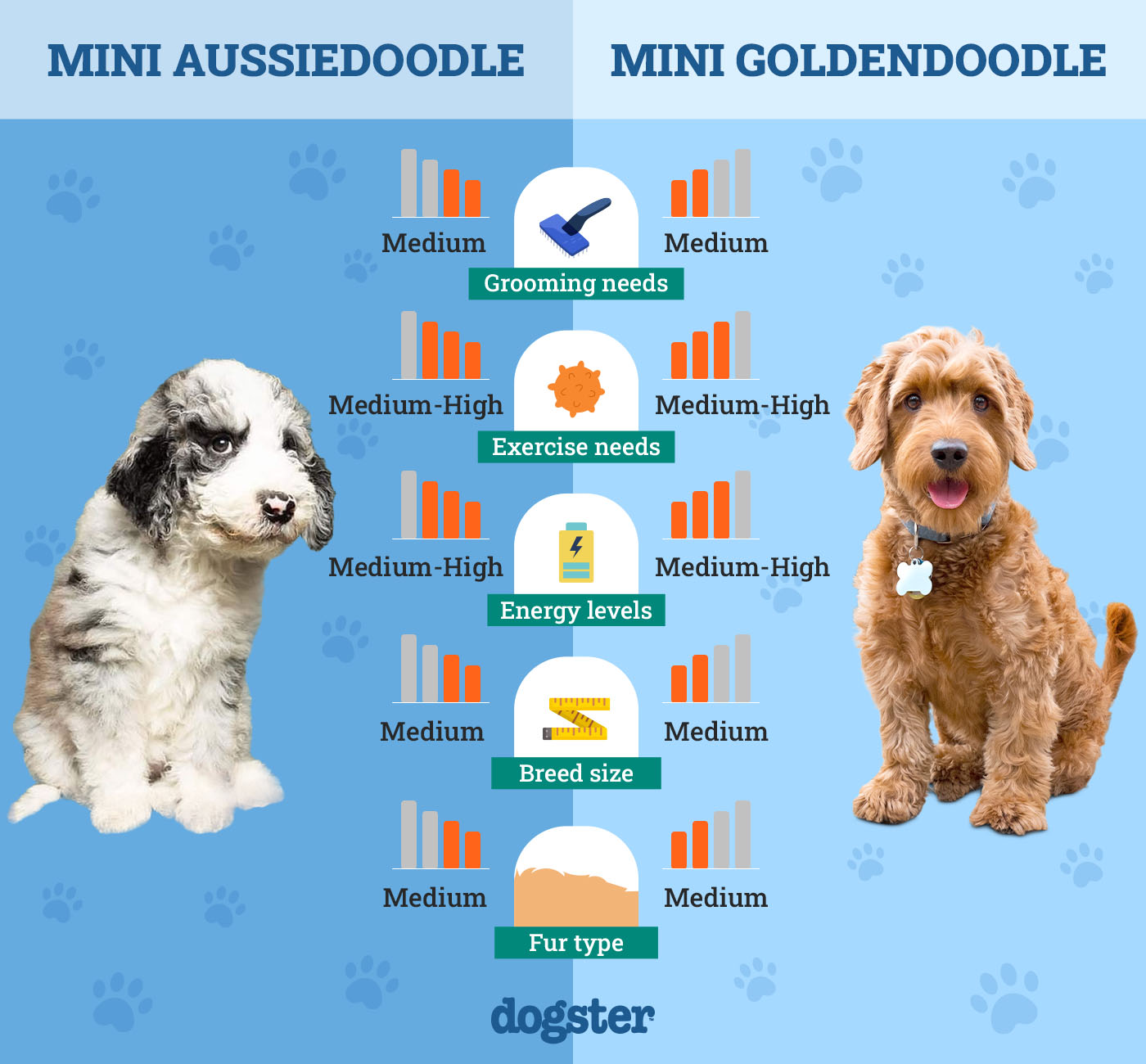
At a Glance
- Average height (adult): 12–18 inches
- Average weight (adult): 15–35 pounds
- Lifespan: 12–15 years
- Exercise: 1+ hours a day
- Grooming needs: Moderate to high
- Family-friendly: Yes
- Other pet-friendly: Yes
- Trainability: Intelligent, energetic, focused
- Average height (adult): 16–20 inches
- Average weight (adult): 20–40 pounds
- Lifespan: 12–16 years
- Exercise: 1+ hours a day
- Grooming needs: Moderate to high
- Family-friendly: Yes
- Other pet-friendly: Yes
- Trainability: Eager to please, fast learner, intelligent

Mini Aussiedoodle Overview
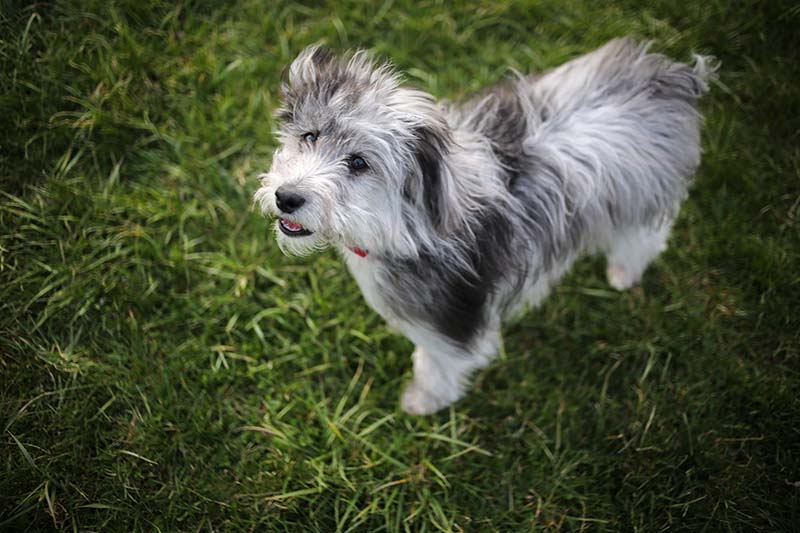
Personality
The Mini Aussiedoodle is a crossbreed of the Miniature or Toy Poodle and the Miniature Australian Shepherd. Thanks to their parent breeds, these dogs are known for being energetic and playful, as well as intelligent and focused. While the Miniature Aussie is known for being an excellent sport dog, the Miniature Poodle is known for its playful and friendly temperament. Many Mini Aussiedoodles take on these positive traits from both parents, but they may also take on some of the less desirable traits from their parent breeds, including timidness and anxiousness.
Exercise
The Miniature Aussie is often considered to be a “permanent puppy” because of its seemingly boundless energy levels. The Miniature Poodle is a playful dog, but it does have a lower energy level than the Mini Aussie. Most Mini Aussiedoodles seem to take on the more energetic and playful traits of their parents, though.
You should expect a dog that will need at least an hour of exercise per day, with many Mini Aussiedoodles needing 2 hours or more. Dog sports, herding jobs, running, hiking, and bikejoring are all great activities for burning excess energy in this breed.
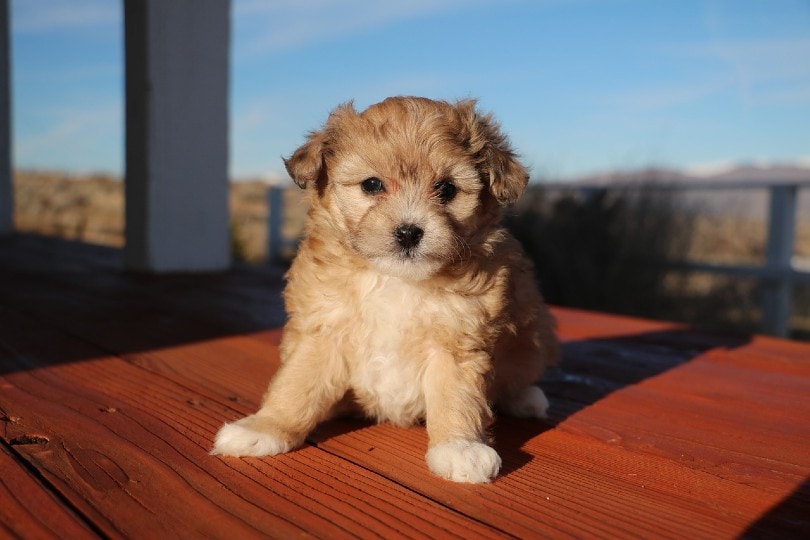
Training
Thanks to the intelligence of both parent breeds, the Mini Aussiedoodle is an intelligent dog that is considered to be highly trainable. These dogs tend to be eager to please and excited to learn new things. Ensuring your dog is getting enough exercise will help you achieve success in training sessions. A dog that is full of excess energy may be less focused and harder to train.
Health & Care
There are multiple medical conditions that the Mini Aussiedoodle may be prone to because of its parent breeds. These conditions include cataracts, progressive retinal atrophy, hip dysplasia, autoimmune thyroiditis, and sebaceous adenitis. Many of these conditions can be prevented or have their risk reduced via responsible breeding practices. Unfortunately, many Doodle-type dogs are not bred under responsible circumstances, so the parents are not properly health tested to ensure healthy pups.
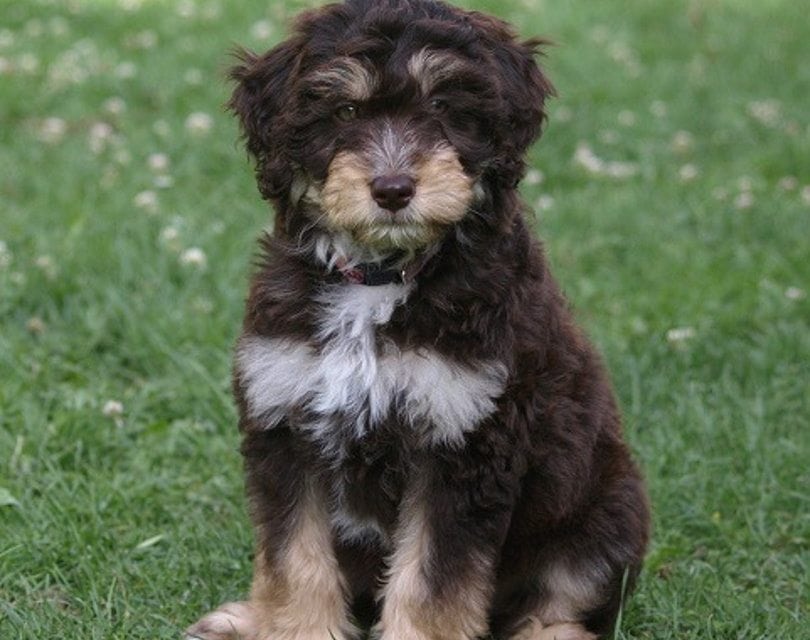
Suitable For:
The Mini Aussiedoodle is suitable for an active household that will provide plenty of physical and mental stimulation. They tend to be great with kids and other animals, so they are suitable for homes with other pets, and due to their small size, they can be a good option in small homes or apartments, as long as they are provided with enough exercise.

Mini Goldendoodle Overview

Personality
The Mini Goldendoodle may be similar in temperament to the Goldendoodle, but there are likely to be some differences because Standard Poodles and Miniature Poodles tend to have different temperaments. The Mini Goldendoodle may take on the affectionate, outgoing, playful temperament of the Golden Retriever parent. It also may get some positive attributes from the Poodle parent, like being loving and playful, but it also may be more anxious or timid than the Standard Goldendoodle.
Exercise
While the Mini Goldendoodle may need at least an hour of exercise every day, it is overall a lower-energy breed than the Mini Aussiedoodle. They might require low-energy activities when it’s time to exercise as well. While the Mini Goldendoodle can be a good sport dog, they’re unlikely to be interested in herding activities. They also may not want to participate in things like bikejoring and hiking. However, you can expect to at least get a walking or jogging partner in the Mini Goldendoodle.
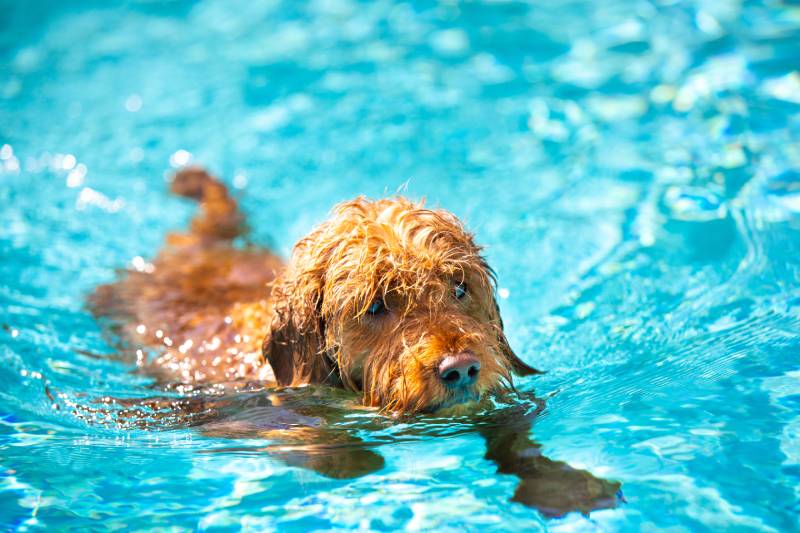
Training
Like the Mini Aussiedoodle, the Mini Goldendoodle is considered to be a trainable breed. The Golden Retriever is a highly intelligent and people-pleasing breed, so your Mini Goldendoodle may have these traits. The Miniature Poodle is an intelligent and trainable dog, but they can also be stubborn. To succeed in training a Mini Goldendoodle, making training sessions interesting and high-energy may be necessary. You also may need to keep training sessions short, so you don’t lose your dog’s interest or attention.
Health & Care
There are multiple health conditions that both parent breeds of the Mini Goldendoodle are prone to, especially when poor breeding practices are used. Hip dysplasia, elbow dysplasia, patellar luxation, progressive retinal atrophy, Von Willebrand’s disease, hypothyroidism, ear infections, and allergies are all conditions that a Mini Goldendoodle might develop.
Seek veterinary advice if you’re concerned about your pet’s well-being.
If you need to speak with a vet but can't get to one, head over to PangoVet. It's our online service where you can talk to a vet online and get the advice you need for your dog — all at an affordable price!
Stick to breeders that fully health test their parent dogs based on breed recommendations, and don’t just perform genetic testing. Also, avoid getting a puppy from pet shops, as these pups are usually from puppy mills.
Suitable For:
The Mini Goldendoodle is suitable for a household with children and other pets, but it does carry the potential for anxiety and timidness that may make it nervous around new people and loud children. This dog is a great option for someone looking for a dog that will be happy with going for walks and playing in the yard, including older people who live alone.

Which Breed Is Right for You?
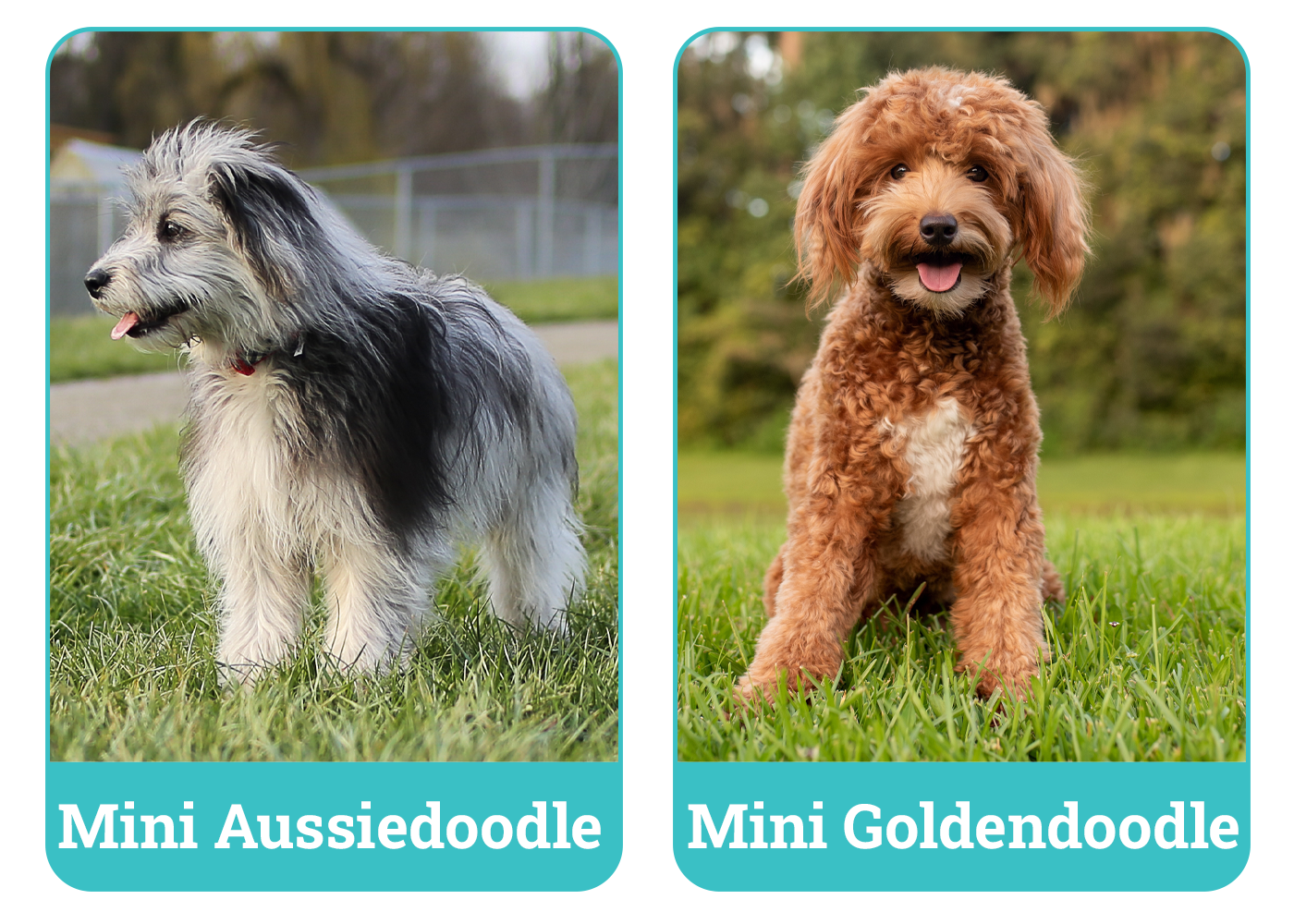
The Mini Aussiedoodle and Mini Goldendoodle can both make great family dogs, and their smaller size makes them manageable in smaller homes. The Mini Aussiedoodle is likely to be the more energetic of the two dogs, and they often excel in dog sports and high-energy activities. The Mini Goldendoodle does require daily exercise, but they’re likely to be content with lower-energy activities. Both dogs are highly trainable, but the Mini Aussiedoodle may be overly energetic during training sessions, while the Mini Goldendoodle can be stubborn.
The primary concern with both of these dogs is ensuring you are getting a dog from a responsible, reliable source. Backyard breeding, breeding of dogs that aren’t health tested, and puppy mills are rampant in the Doodle breeding communities. These are not recognized breeds at this time and are a long way off from becoming recognized due to their young age, so breed standards are often lax. Choose a breeder who uses the breed recommendations for both parent breeds to ensure you are getting a healthy puppy.
Featured Image Credit: (T) Holly Anne Cromer, Shutterstock | (B) Reddog3, Shutterstock
